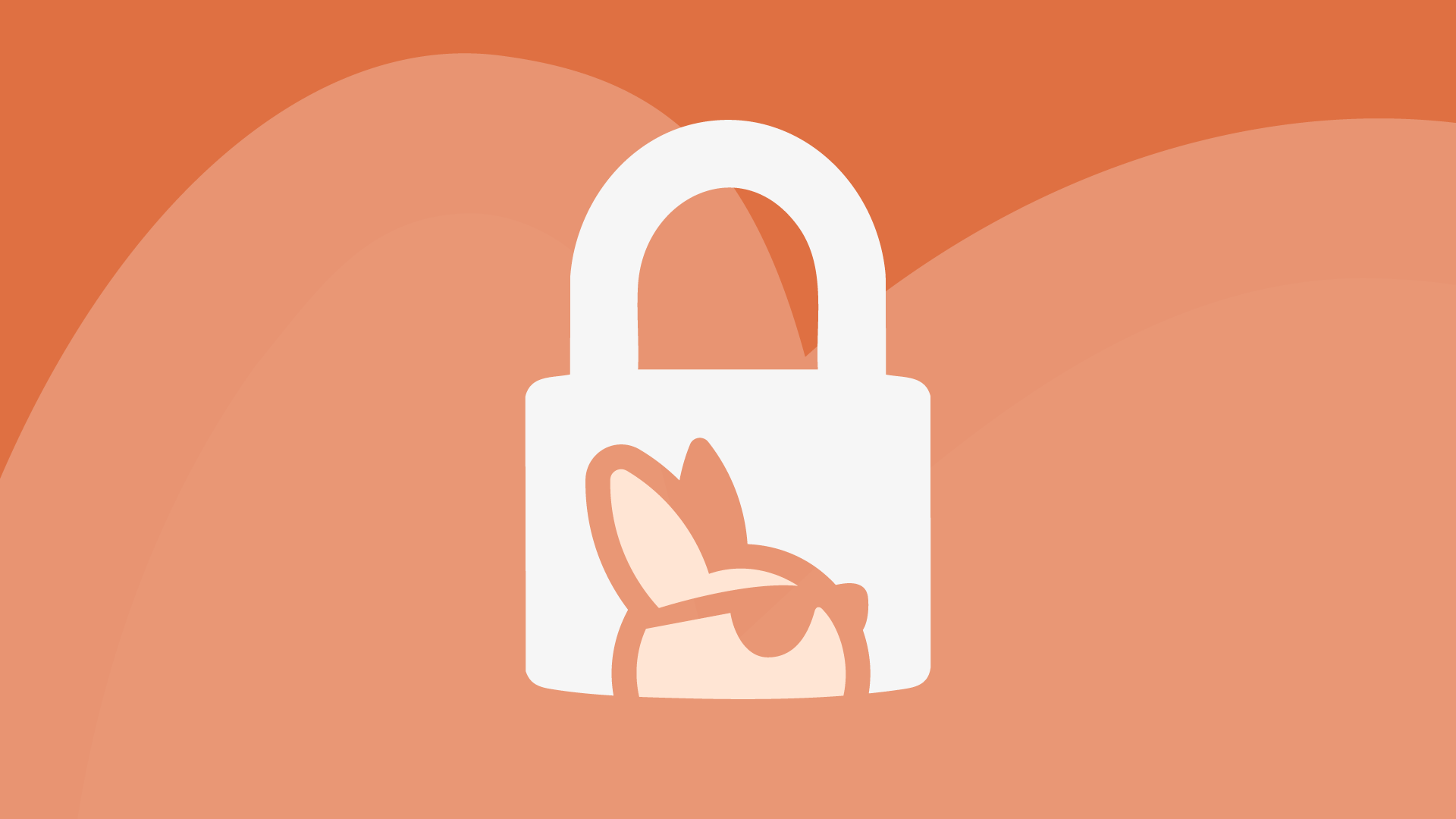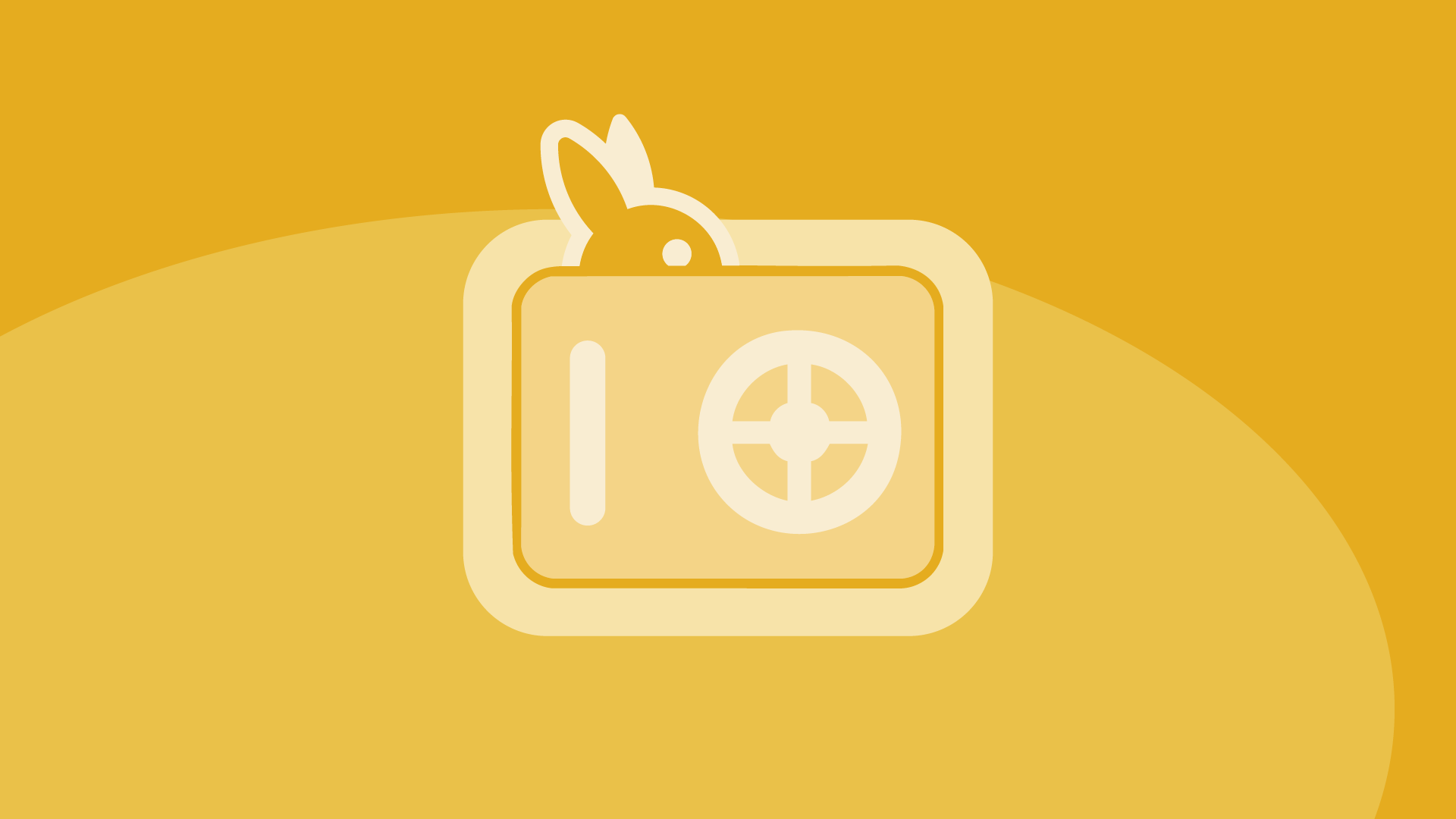Having your crypto portfolio in your pocket is an amazing feeling. It's convenient, fast, and empowering.
But let's be honest: it can also be a little terrifying.
When you use a self-custody wallet, you are your own bank. That's the whole point. But it also means you are your own head of security. If you lose your keys or get scammed, your funds can be gone forever.
It sounds scary, but it doesn't have to be. Keeping your assets safe just comes down to building a few good habits. Here are the five essential tips to lock down your mobile wallet.
1. Use Two-Factor Authentication (2FA)
Think of 2FA as a digital deadbolt for your accounts. Even if a scammer steals your password (which is like the key), they can't get in without a second code, usually from your phone.
When you have the option, always use an app-based authenticator (like Google Authenticator) instead of SMS. Hackers can and do trick phone companies into swapping your phone number to their device, letting them steal your SMS codes.
The good news: wallets like Joey, which use Web3Auth for social logins, have this level of security built in. You can protect your login with Face ID, a PIN, or other factors you already use.
2. Lock Down Your Entire Device (Not Just the App)
Your phone is the vault that holds your wallet. Securing the app is great, but it's useless if your whole phone is unlocked.
- Use Strong Passwords: Don't use "123456" or your birthday as your phone's PIN. Use a long, complex code or, even better, biometric security like Face ID or a fingerprint. For your wallet and email accounts, use a password manager to create unique, 16+ character passwords for everything.
- Keep Your Software Updated: Those annoying "Update Your OS" notifications are your best friend. They contain critical patches that fix security holes. Install them. Always.
- Be Wary of Apps: Only install apps from the official Apple App Store or Google Play Store. Sideloading apps from random websites is a quick way to install malware.
3. Back Up Your Secret Phrase (No, Seriously)
If you only do one thing on this list, do this.
When you create a non-custodial wallet, you are given a 12 or 24-word secret recovery phrase. Let's be clear: anyone who has this phrase is you. They can restore your wallet on their own phone and drain every last asset.
- Do NOT screenshot it.
- Do NOT email it to yourself.
- Do NOT save it in your notes app or password manager.
Write it down on paper (or two copies) and store it somewhere safe where no one can find it. A fireproof safe is ideal.
This is the scariest part of self-custody. It's a lot of responsibility. This fear is exactly why we built Joey Wallet with social-login recovery. It uses a smart system to give you the full security of self-custody without the "one phrase to lose it all" risk.
4. Be Skeptical of Pretty Much Everything
The crypto world is full of people trying to help you lose your money. Stay cautious.
- Phishing Scams: No one from Joey, or any legitimate project, will ever DM you on social media and ask for your secret phrase or private key. Anyone who asks is a scammer. Block them.
- Weird Links and Airdrops: Got a random email or message about a free airdrop of a new token? It's a scam designed to get you to connect your wallet and sign a transaction that will drain your funds. Don't click it.
- The Copy-Paste Hack: Some malware watches your clipboard. When you copy a wallet address to send funds, the malware pastes in the hacker's address instead. Always double-check the first 4 and last 4 characters of an address before you hit Send.
- Public Wi-Fi: That "Free_Airport_WiFi" is a trap. Scammers sit on those networks and snoop on your traffic. When using crypto, stick to cellular data. It's safer.
5. Use Different Wallets for Different Jobs
You wouldn't carry your entire life savings in your pocket. Don't do it with crypto.
- Your Hot Wallet (like Joey): This is your daily spending wallet. It's on your phone, it's convenient, and it's perfect for holding the assets you use to swap, collect NFTs, and interact with dApps. Keep a reasonable amount here, not your life savings.
- Your Cold Wallet (Hardware): This is your savings vault. For large amounts of crypto you don't plan to touch for a long time, a hardware wallet (an offline USB-like device) is the gold standard. It keeps your private keys completely disconnected from the internet.
This might sound like a lot, but it's just about building good habits. Being your own bank is the most powerful part of Web3. With a smart wallet like Joey and these simple practices, you can be sure you're the only one in charge.



